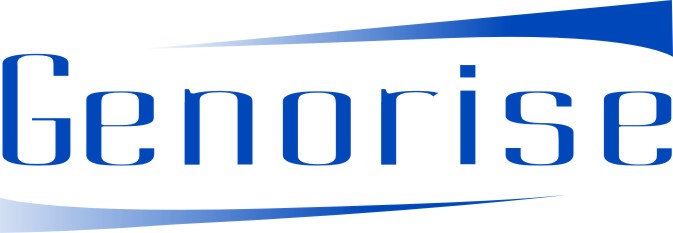Recombinant Sheep IL-6 Protein
$99.00 – $2,280.00
The recombinant sheep IL-6 protein is derived from in vitro expression of sheep IL-6 gene in E. coli and purified using his-tag affinity column and can be used in multiple applications such as cell culture, ELISA and western blot.
Alternative names for IL-6: Interleukin 6, IL6
This product is for Laboratory Research Use Only not for diagnostic and therapeutic purposes or any other purposes.
- Description
- Product Citations
- Reviews (0)
Description
Genorise Recombinant Sheep IL-6 Protein Summary
Alternative names for IL-6: Interleukin 6, IL6
Alternative names for sheep: Ovine, lamb, goat
Product Specifications
| Purity | > 97%, by SDSPAGE under reducing conditions and visualized by silver stain. |
| Endotoxin Level | < 0.1 EU per 1 μg of the protein by the LAL method. |
| Activity | Measured in a cell proliferation assay using T1165.85.2.1 mouse plasmacytoma cells. Nordan RP et al. (1987) J Immunol 139:813.
The ED50 for this effect is typically 0.5-0.8 ng/ml. |
| Source | E. coli derived sheep IL-6. |
| Accession # | NP_001009392.1 |
| N-Terminal Sequence Analysis | Pro |
| Amino Acid Sequence | Pro29-Lys208 |
| Predicted Molecular Mass | 20 kDa |
| SDS-PAGE | 20 kDa, reducing conditions |
Background:
IL-6 is an interleukin that acts as both a pro-inflammatory and anti-inflammatory cytokine and is produced by T cells, macrophages, fibroblasts, osteoblasts, endothelial and other cells (1,2,3). IL-6 induces proliferation and differentiation and acts on B cells, T cells, thymocytes, and others. IL-6 is one of the most important mediators of fever and of the acute phase response. In the muscle and fatty tissue, IL-6 stimulates energy mobilization that leads to increased body temperature. IL-6 can be secreted by macrophages in response to specific microbial molecules, referred to as pathogen associated molecular patterns (PAMPS). IL-6 in concert with TGFβ is important for developing Th17 responses. IL-6 binds to IL-6Rα that through association induces gp130 homodimerization (1). gp130 homodimerization triggers the Jak/STAT cascade and the SHP2/Erk Map kinase cascade (1,4,5). IL-6 also forms a complex with an IL-6Rα splice variant that is non-membrane associated (4). The IL-6/soluble IL-6Rα complex can then activate the gp130 signaling pathway on cells that express gp130 but not IL6Rα (4). IL-6 is relevant to many disease processes such as diabetes (6), atherosclerosis (7), depression (8), Alzheimer’s Disease (9), systemic lupus erythematosus (10), prostate cancer (11), breast cancer (12), and rheumatoid arthritis (13).
References
- Heinrich, P.C. et al. (1998) Biochem J 334 ( Pt 2), 297-314.
- Heinrich, P.C. et al. (1998) Z Ernahrungswiss 37 Suppl 1, 43-9.
- Febbraio MA and Pedersen BK (2005). Exerc Sport Sci Rev 33 (3): 114–9.
- Jones, S.A. (2005) J Immunol 175, 3463-8.
- Jenkins, B.J. et al. (2004) Mol Cell Biol 24, 1453-63.
- Kristiansen OP and Mandrup-Poulsen T (2005). Diabetes 54 Suppl 2: S114–24.
- Dubiński A and Zdrojewicz Z (2007). Pol. Merkur. Lekarski 22 (130): 291–4.
- Dowlati Y, et al (2010). Biological Psychiatry 67 (5): 446–457.
- Swardfager W, et al (2010). Biological Psychiatry 68 (10): 930–941.
- Tackey E, et al (2004). Lupus 13 (5): 339–43.
- Smith PC, et al (2001). Cytokine Growth Factor Rev. 12 (1): 33–40.
- Hong, D.S. et al. (2007) Cancer 110, 1911-28.
- Nishimoto N (2006). Curr Opin Rheumatol 18 (3): 277–81
Product Citations
Be the first to review “Recombinant Sheep IL-6 Protein”
You must be logged in to post a review.
























Reviews
There are no reviews yet.